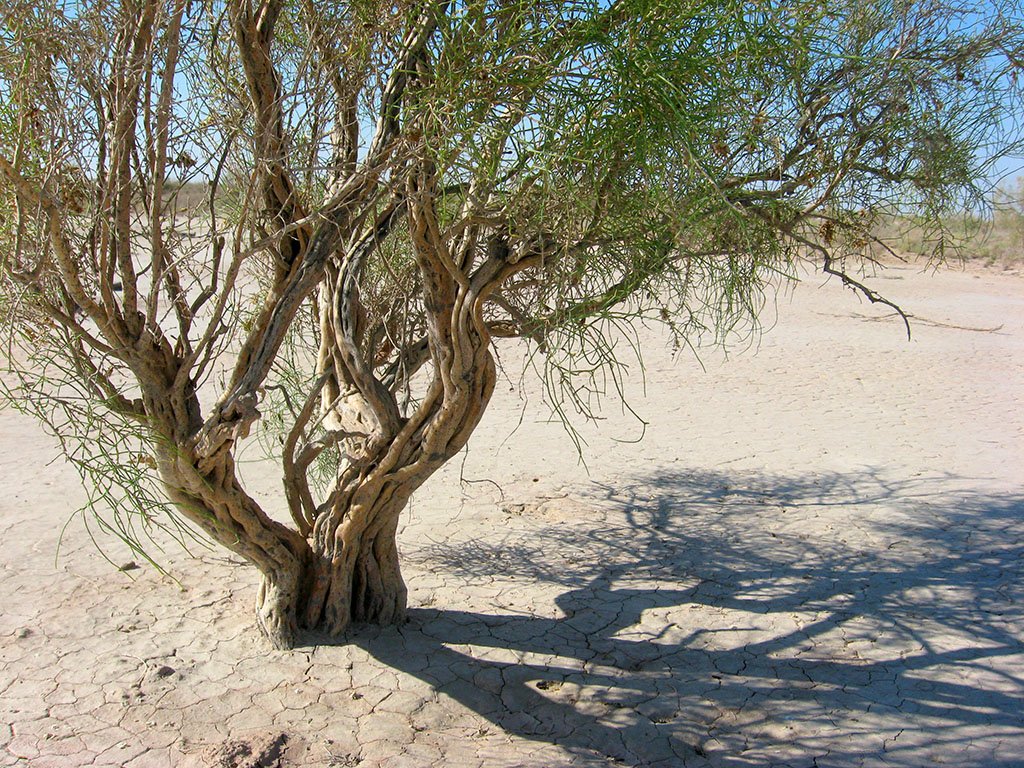ASHGABAT, Turkmenistan, September 28. The Biotechnology Department of the International Scientific and Technological Park under the Academy of Sciences of Turkmenistan has received a patent for developing a technology based on blue-green algae (cyanobacteria) to combat desertification, TurkicWorld reports via the country's official media.
According to the media, cyanobacteria play a key role in improving soil ecosystems by participating in biochemical processes and soil formation.
The cyanobacteria's ability to transform desert lands makes them a promising tool in the fight against land degradation, the media explained.
Commenting on the issue, the department's head Altyn Rakhmanova pointed out that the use of blue-green algae is an effective solution for the restoration of eroded sandy and desert lands in Turkmenistan.
"Shifting bare sands cause significant damage to the national economy, often covering agricultural fields, rivers, water reservoirs, canals, transportation routes, irrigation structures, and other objects. Therefore, combating wind erosion and stabilizing the sands are crucial tasks.
We have proposed an effective method to fight desertification, which is based on the use of cyanobacteria," emphasized Rakhmanova.
To note, Turkmenistan is actively involved in international and national programs to combat desertification, paying special attention to reforestation and afforestation of desert areas such as the Karakum desert. In this context, the introduction of biotechnologies becomes a key part of the state program for the development of this sector for 2024-2028.
The application of biotechnologies to create algae-based materials opens new prospects in ecology and other fields, such as the production of construction materials and bioproducts.






















